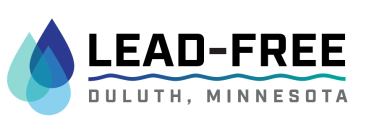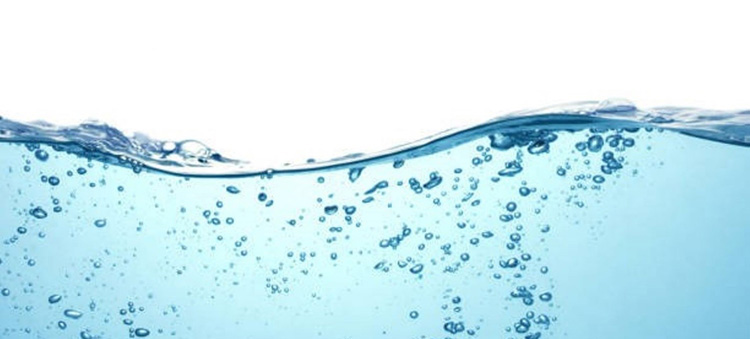Lead Water


| Lead Service Line Identification | Discover the material of your service line. |
| Water Pitcher Program | Reduce your exposure to lead with a free filter pitcher. |
| Lead Service Line Replacement | Learn about lead service line replacements. |
| Education & Resources | Links to additional resources and information. |
| Water Testing | Information on water testing and water quality. |
| FAQ's | Answers to commonly asked questions. |
